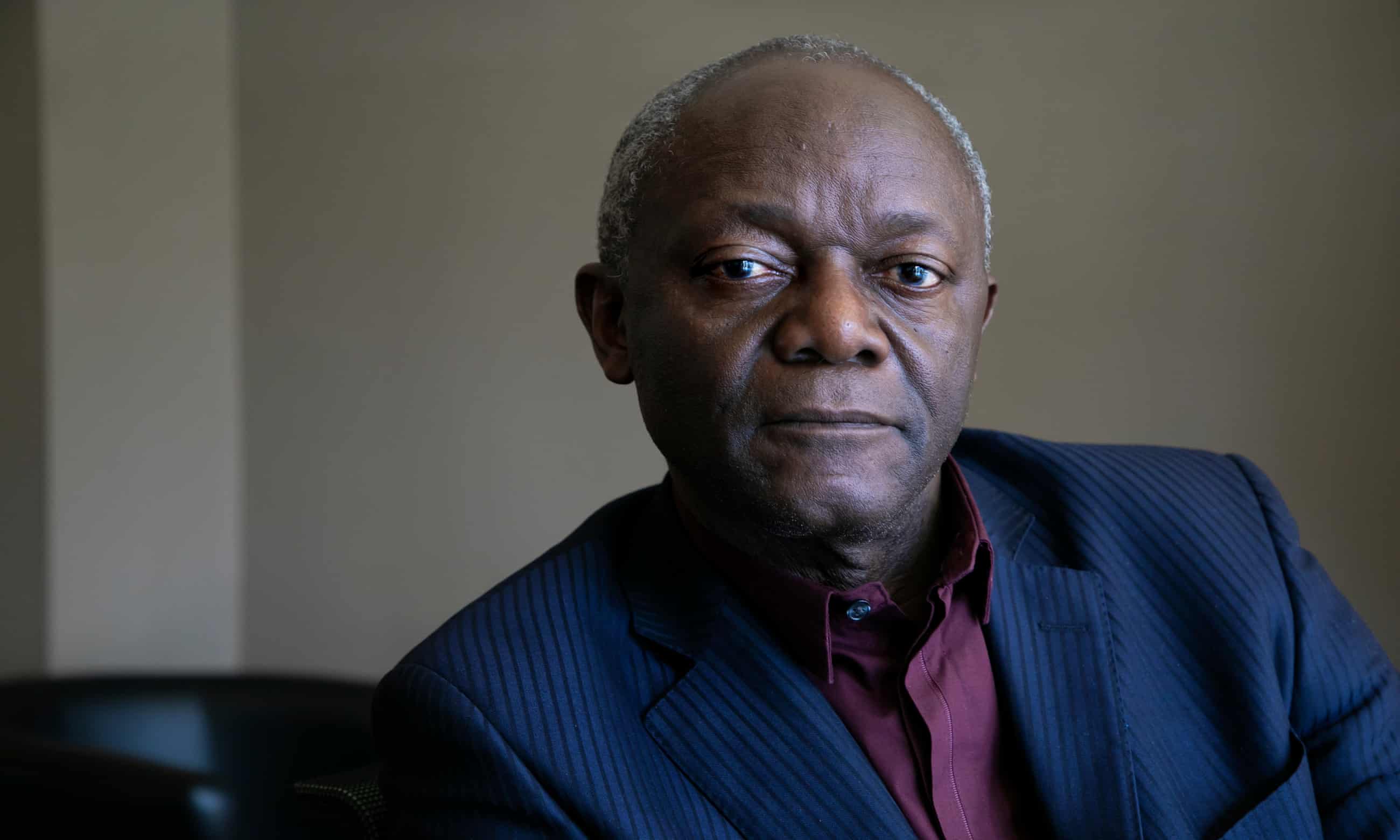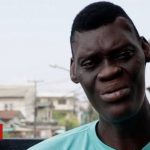Vincent Kompany’s life is the stuff of little boys’ and girls’ dreams. Scorer of a dazzling goal of the season, captain of Manchester City’s all-conquering Premier League champions and on Saturday, the 32-year-old hopes to pick up the FA Cup at Wembley in front of 90,000 fans.
The Belgian international’s travails on the field will fill the newspaper back pages, but the drama on the pitch will struggle to match the life story of the 71-year-old man who will be cheering him on the from the stands.
Last October, Pierre Kompany, father to Christel, 34, Vincent, and François, 29, was elected as Belgium’s first black mayor, in what is hoped will prove to be a watershed moment for a country that has struggled to reconcile its colonial past.
It was an election all the more remarkable given that Kompany’s journey to the town hall in Ganshoren, a district in the north-west of Brussels, was via a military camp in the Democratic Republic of the Congo, imprisoned there on the orders of Mobutu Sese Seko, the country’s brutal dictator.
“Mobutu was not my friend,” Kompany Sr joked during a break this week from campaigning to keep his other political role, as a member of Brussels’ regional parliament.

Born in the Kasai region of the Congo to a tribal clan chief, Pierre Kompany was both a talented young footballer playing for leading club Tout Puissant Mazembe and a headstrong young man with strong socialist views when he and 206 other students protested against the policies of the country’s leader in the early 1970s.
“I was a student and we go to try to tell him to go – impossible,” he remembered. “He was strong and a big power. He put us in a military camp but he knew that he could have a problem with the European press so what he did was say that they are doing their military service. So we stayed there 13 months and 15 days – I cannot forget that.”
“From the beginning it was very hard,” he added, recalling the beatings and those who disappeared having been dropped in the Congo river with a stone around their head. “They told the military that we were the rebels. And at the same time the rebels were fighting in the east. So when they bring us to the camp the soldiers thought we were rebels, and they knew that some of them would die in eastern Congo. It was crazy.”
On being released, Kompany went back to his studies but it was football that offered him a way out by introducing him to a doctor who was willing to forge a medical referral to a specialist clinician in Belgium for treatment for a disease he did not have.
“I was playing football with the doctors at university. One of them wrote for me a certificate saying that I had to go because I had something. I don’t know what was written.”
When Kompany arrived in 1975 he made a claim for refugee status. It took seven years, during which he took up any work he could to pay for his rent and food.
He received his papers in 1982, a lucky break in a country hostile to its former Congolese subjects resettling in Belgium, and started working as a taxi driver, working nights to pay for his university studies in mechanical engineering. To this day, he says, he won’t take an Uber out of solidarity with his former trade.
He enjoyed a successful career as an engineer and married Joseline Fraselle, a union worker from the Ardennes in eastern Belgium while keeping involved in local politics, first for the Socialist party and later the Humanist Democratic Centre, a party in the centre of Belgian politics.
It was not all easy. Kompany’s marriage broke down. His son has spoken in interviews of facing racist abuse as a teenage player for Anderlecht.
Vincent was moved to a school closer to the football club in part because of trouble at school. “He was young. His mother and I protected him. She wouldn’t accept racism.”
But his son is a strong character. “All my children, you cannot make them do what you want. His sister, she brought me to meet the director of the school and she says, ‘Papa he is a racist’, and she is 16. That was a knockout.
“But at the end what is good is that they have a good heart,” Kompany said. “With Vincent you cannot go far with him if you are unjust.”
Kompany was joined recently by his two other children at Manchester City’s Etihad stadium to see his son scorehis long-distant wonder-goal against Leicester that set his team on the way to winning the Premier League. His former wife died of cancer in 2008. He will also be in the stands when City face Watford in the FA Cup final on Saturday, a tie he says will be “tough”.
But then the Kompanys are used to toughing it out.














